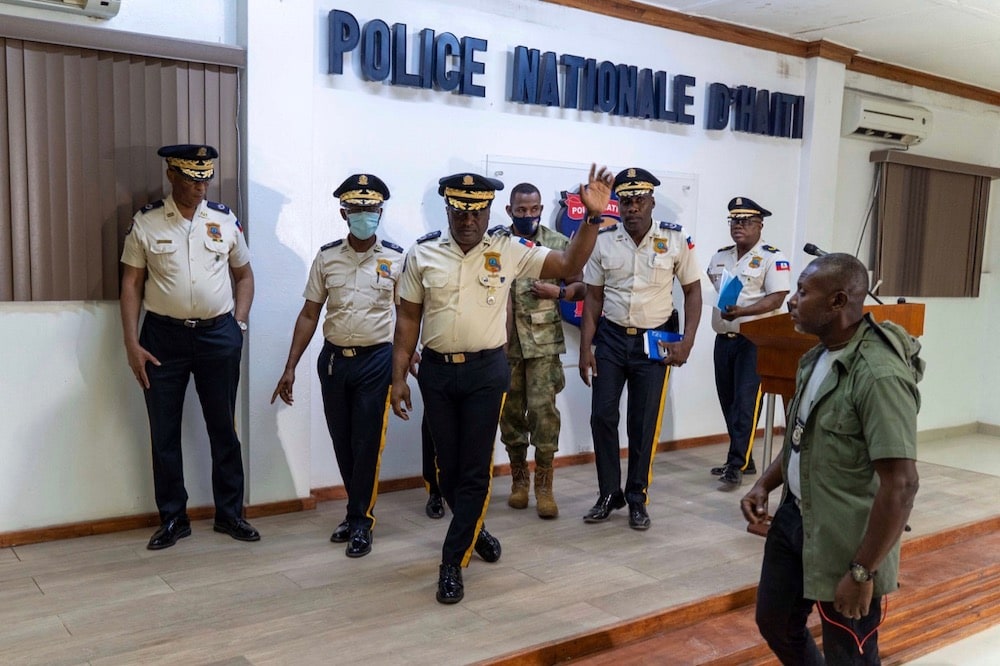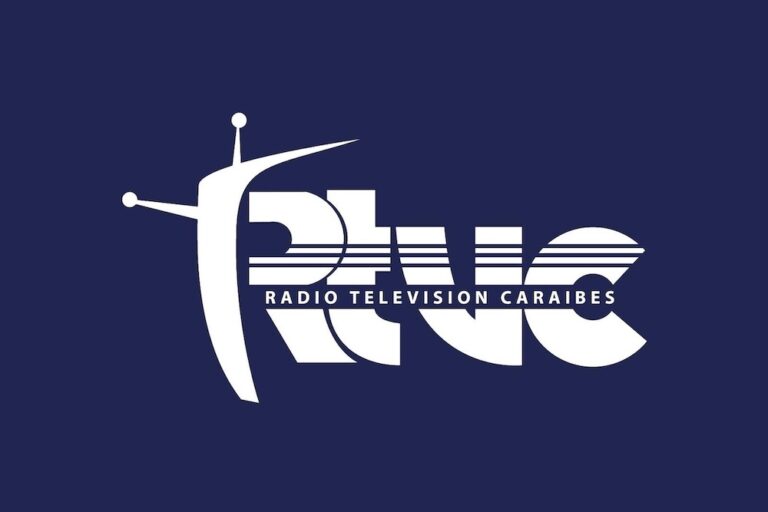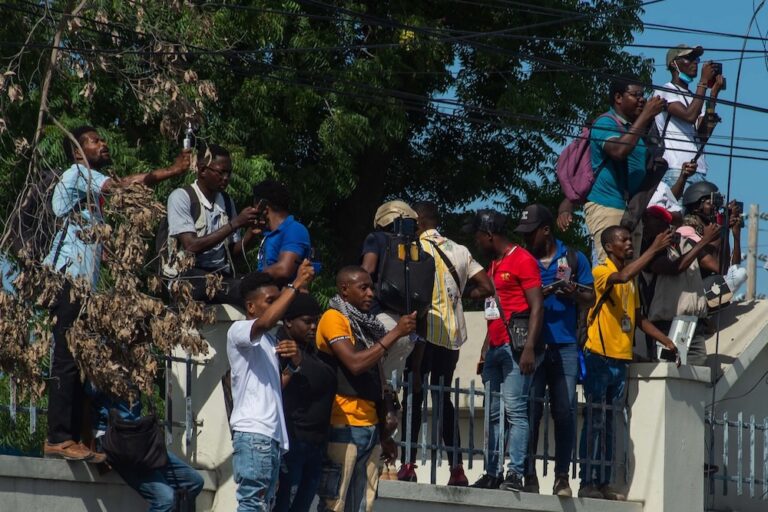Ricot Jean's body was found two just days after the killing of journalist Dumesky Kersaint.
This statement was originally published on en.sipiapa.org on 25 April 2023.
Another journalist was murdered within 48 hours in Haiti, the most dangerous country to practice journalism, according to a preliminary report released Tuesday by the Inter American Press Association (IAPA).
The body of Ricot Jean, a journalist with Radio-Télé Évolution Inter in Saint-Marc, a town located 73 km north of Port-au-Prince, was found in an open field on Tuesday morning, according to Alcide Volcy, the station’s information director, quoted by the newspaper Le Nouvelliste.
The newspaper said that Jean was abducted along with a friend the night before by four armed men dressed in uniforms of the Departmental Unit for the Maintenance of Order (UDMO), a specialized body of the Haitian police, on the pretext of being arrested.
In addition to being an editor of Évolution, the victim was a well-known cultural entertainer in Saint-Marc and hosted the program “Jamè Dodo” every weekend.
Jean’s murder follows that of Dumesky Kersaint, a journalist with Radio Télé Inurep, who was gunned down last Sunday 18 in Carrefour, south of Port-au-Prince. According to Jacques Antoine Bazile, the station’s executive director, the journalist was killed “while preparing to resume his usual activities.”
Kersaint’s death occurred in the same place where another unidentified person was shot dead. The perpetrator or perpetrators of that crime would have killed Kersaint upon recognizing him due to his profession, according to the news portal Vant Bèf Info.
Both crimes take place at a time when IAPA is holding its mid-year virtual meeting.
The IAPA’s preliminary report on the state of freedom of expression and press freedom in Haiti considers that journalism in this country “continues to be difficult, risky and exposes professionals to precarious conditions and very high vulnerability.”
In the period under evaluation, from October last year to April of this year, four journalists, media executives, or press workers were murdered, four others were kidnapped, and one was wounded.
“These numbers and the expressions and denunciations of unions, social and international organizations reinforced the view that the country is the most dangerous [in which] to practice journalism,” the organization pointed out.
In addition, the difficulties in practicing journalism in Haiti were recorded in the report “Study on the development of the media in Haiti,” published by Unesco on February 10.
The document notes that attacks against the press are frequent, and perpetrators are rarely brought to justice. It also denounces that reporters covering political rallies are often verbally or physically attacked by demonstrators who associate them with the opposing side.



